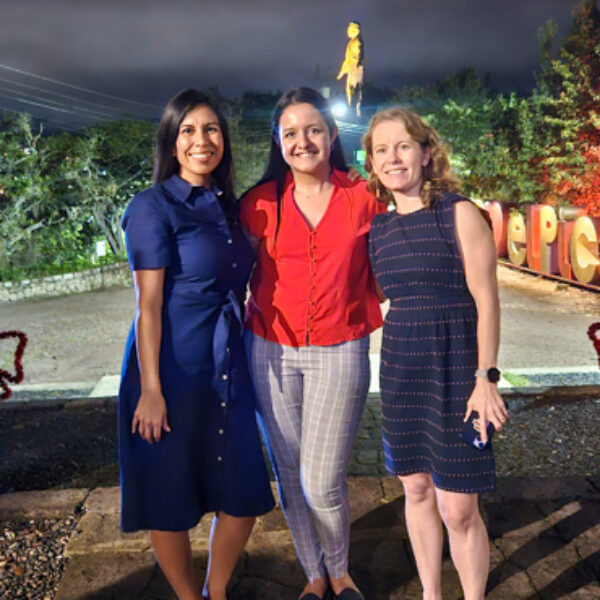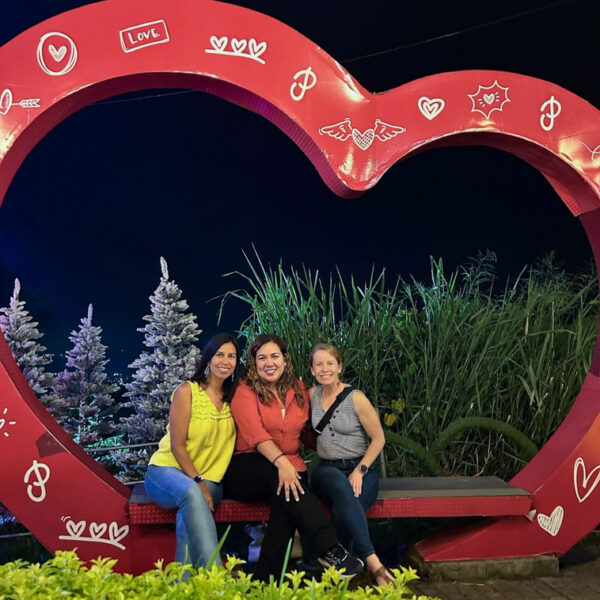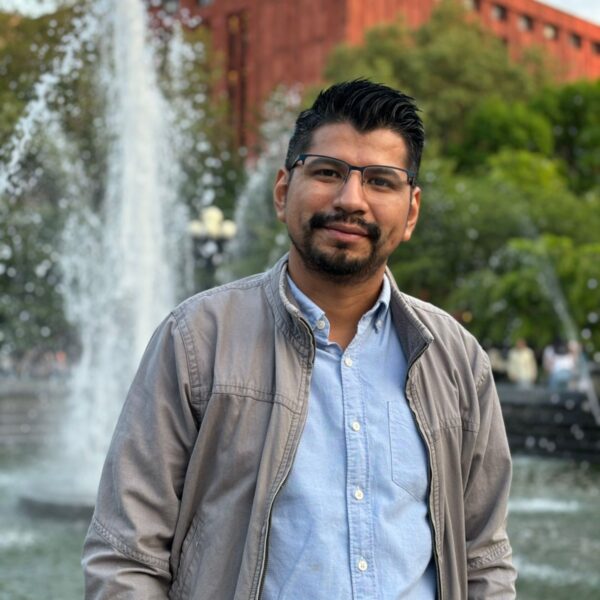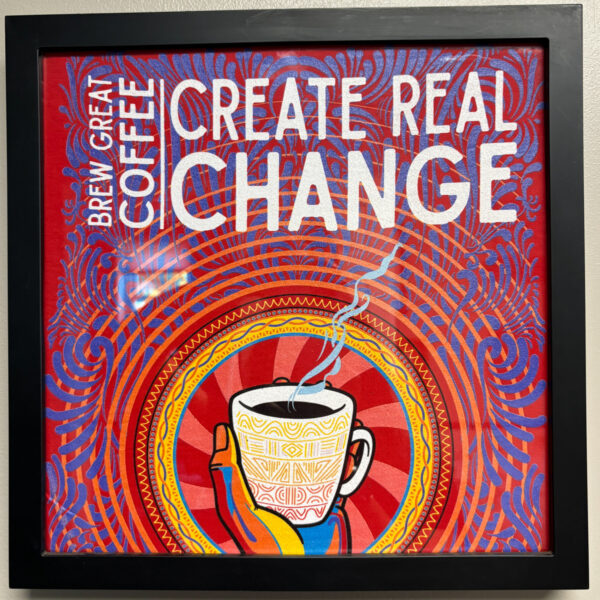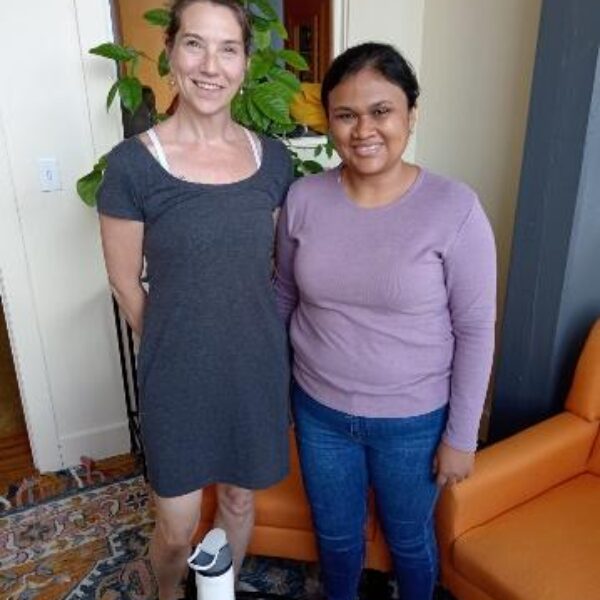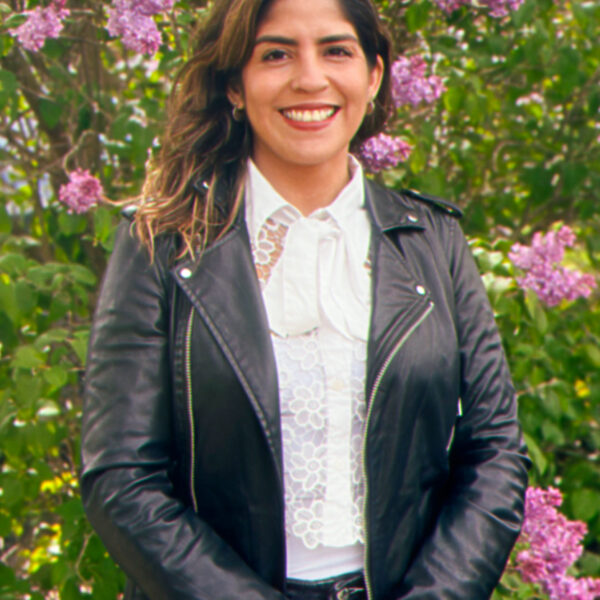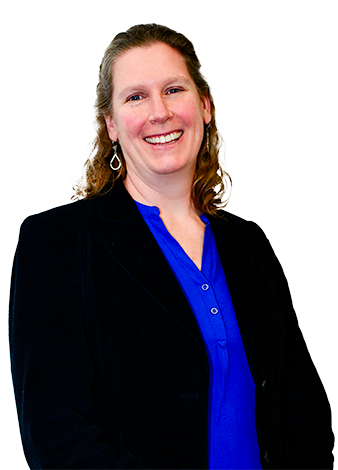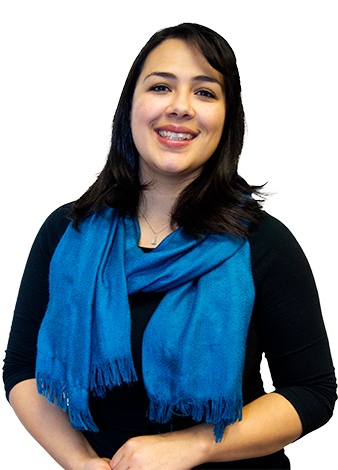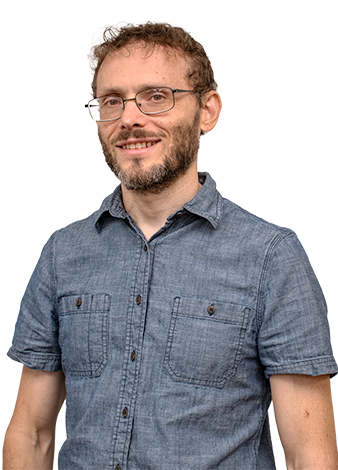At ITD we set the scene for profound intercultural experiences. Our work brings together professionals and/or students from around the world to share cultures, exchange ideas, deepen understanding, and spread knowledge. The programs we offer include a wide range of topics: from developing civic education curricula, to exploring minority integration in the West; from promoting indigenous visual arts, to studying US culture and democracy. With their new-found knowledge and their experience of dynamic engagement, our participants return to their countries enriched by their exchange, and recharged by new and challenging ideas, and ways of thinking. In their own words it is “an experience of a lifetime.”
ITD specializes in short-term academic, professional and youth exchanges. Our programs include sponsored programs and independent projects.
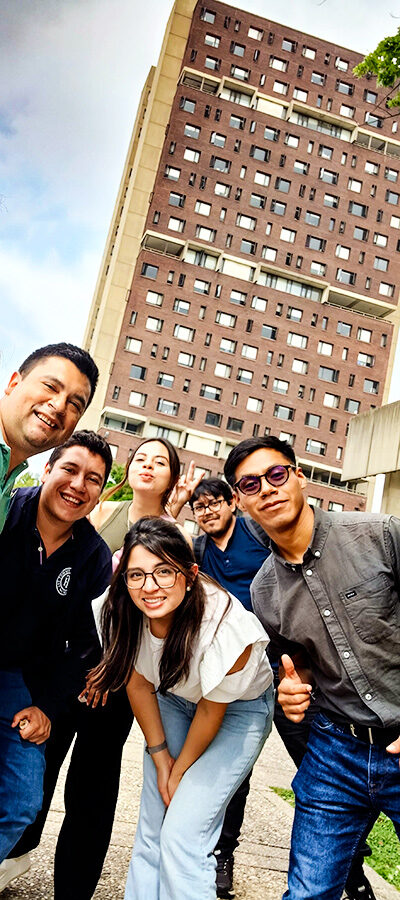
View Programs
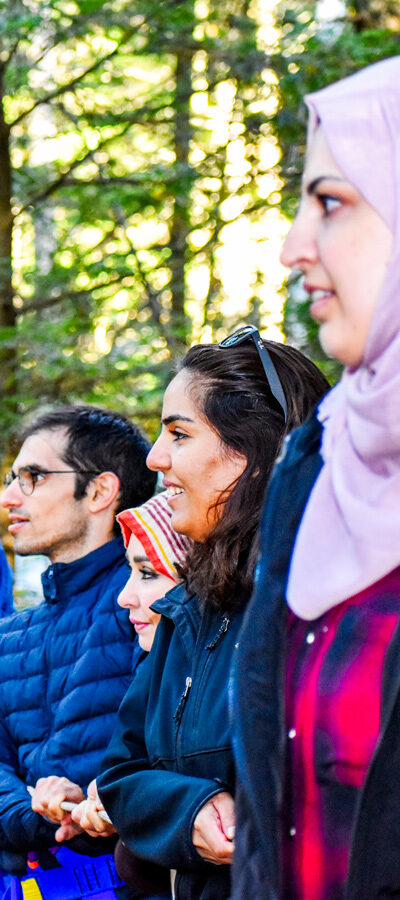
View Programs
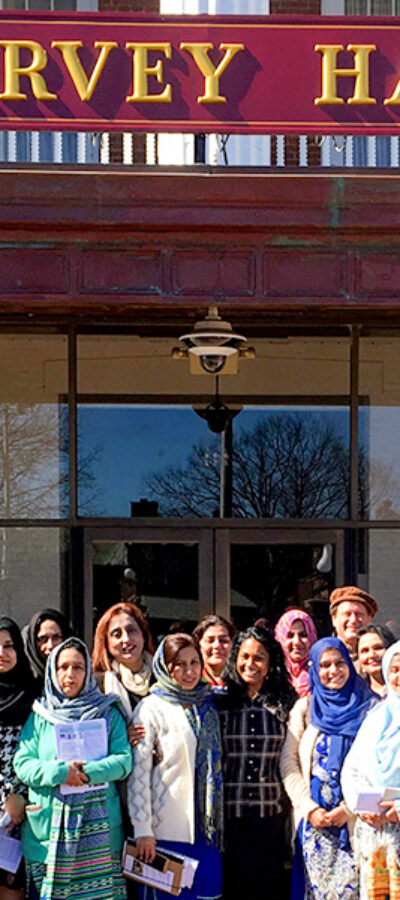
View Programs
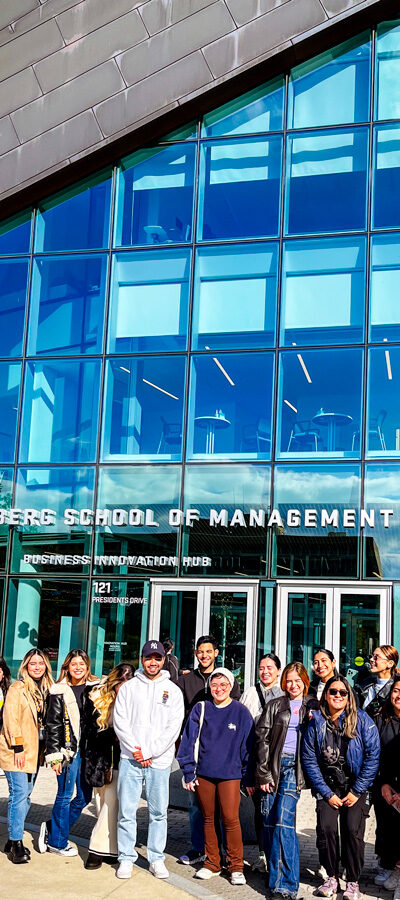
View Project
ITD specializes in short-term academic, professional and youth exchanges. Our programs include sponsored programs and independent projects.
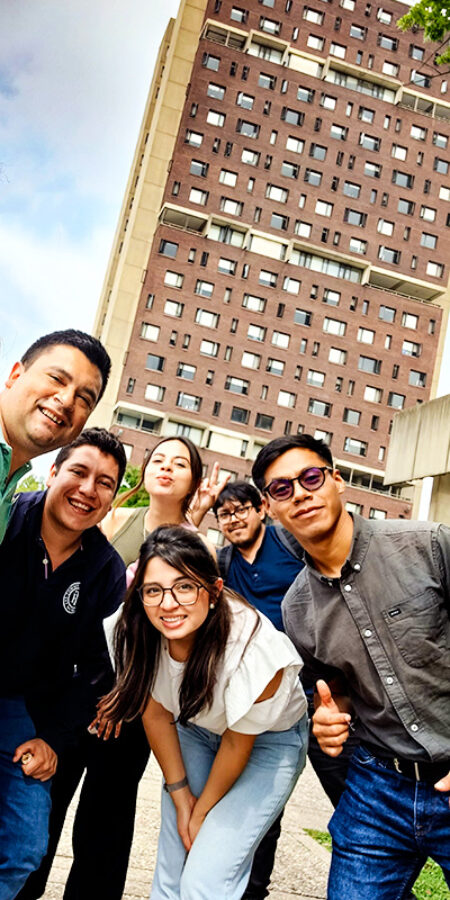
View Programs
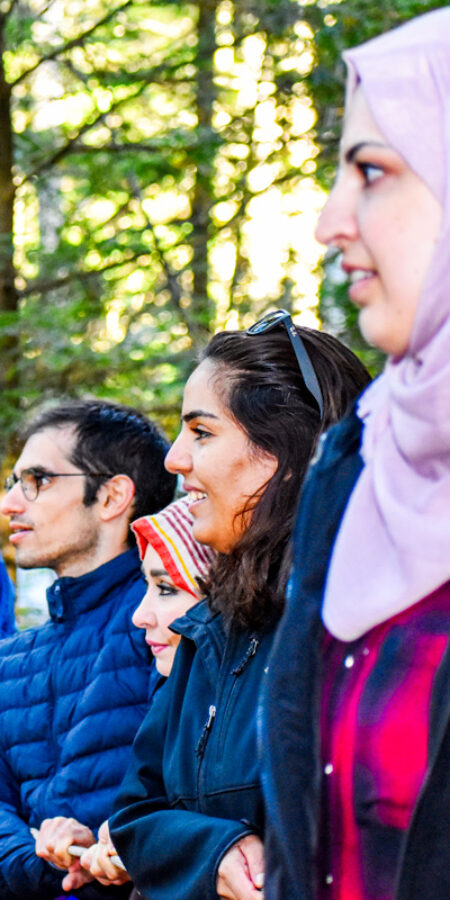
View Programs
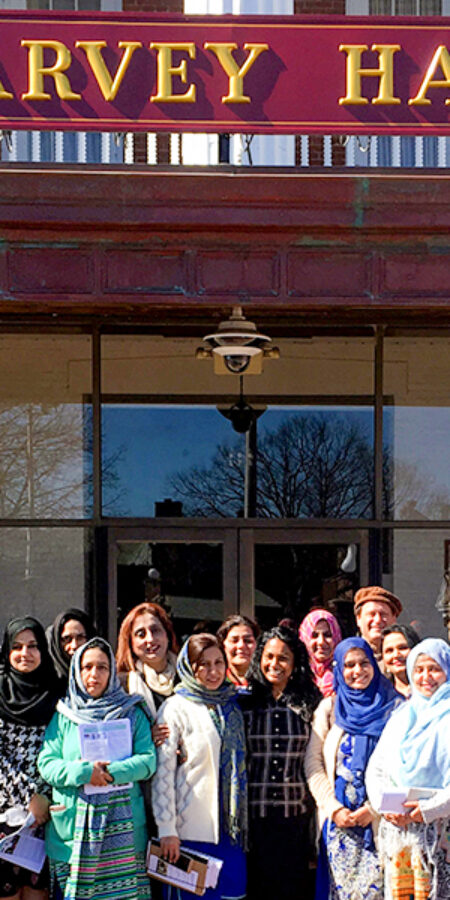
View Programs
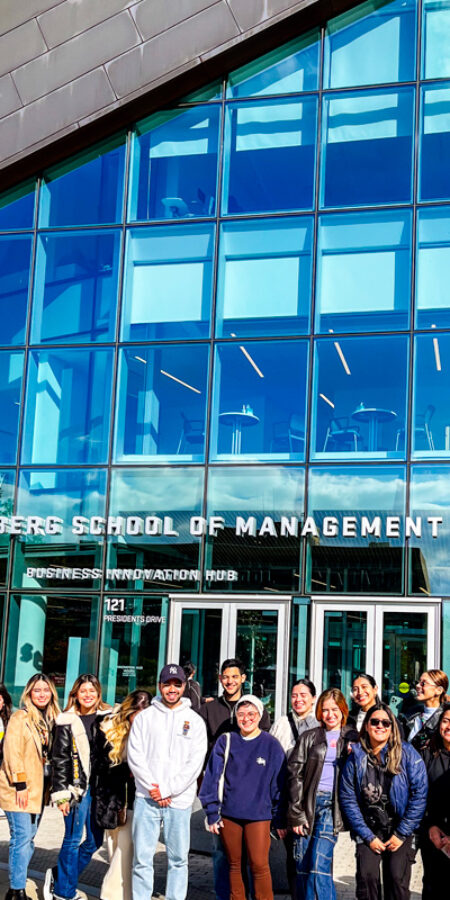
View Project
ITD specializes in short-term academic, professional and youth exchanges. Our programs include sponsored programs and independent projects.

View Programs

View Programs

View Programs

View Project
Current Activities
PROGRAM BLOGS
participants’ stories
To read the most recent blog posts from participants in ITD’s several programs, please click on a post to the right. To access specific blogs, please click on Current Activities.
Testimonials
This is ITD
The Institute for Training and Development (ITD) is a nonprofit organization based in Amherst, Massachusetts dedicated to education and inter-cultural exchange. ITD has supported civic engagement, academic exchange, youth leadership, sustainable development and other priority areas worldwide by immersing community leaders, scholars, professionals, governmental and non-governmental administrators in engaging programs from over 100 countries.

